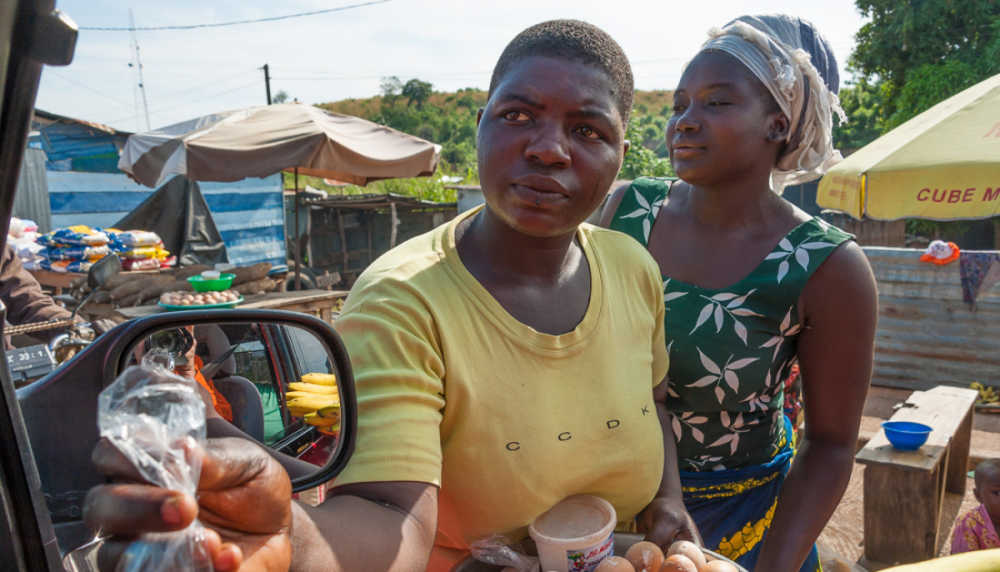Sustainable investments // Impact blog
Impact blog: Why accept underperformance when it comes to impact?

Many impact investors, who would be quick to turn down underperformance in financial terms, overlook the possibilities when it comes to identifying potential for really good “impact returns”. At a time when there is more interest than ever in impact investing, surely it’s time for investors to start being more demanding, writes Paul Hailey, Head of Impact at responsAbility.
The last few years have seen a surge in interest in impact investing. At the same time companies across the world are scrambling to show their contribution to the United Nations Sustainable Development Goals. But is there a risk that investors, usually quick to look for the best financial returns, are settling for mediocrity when it comes to impact.
“There a risk that investors are settling for mediocrity when it comes to impact.”
Paul Hailey, Head of Impact
The seventeen SDGs (grouping 169 targets and 225 indicators) are meant to show the way forward for the world to achieve universal prosperity, justice and quality of life. This has added an overall framework for everyone, including investors.
More about how responsAbility defines impact Impact & ESG
As the Global Impact Investing Network’s 2018 survey has shown, the amount invested in this space has increased dramatically to more than USD 220 billion. Yet this surge in interest for investors and in the broader topic of sustainability entails its own risks. A flurry of initiatives is underway as the impact investing industry increasingly worries about the risk of “impact-washing”. In other words, the feeling is that too many are taking the opportunity to jump on the bandwagon, labeling baskets of highly mainstream equities and bonds as “SDG investing” or “impact investing”.
But how important is this? Well, impact is meant to mean that something makes a demonstrable, positive contribution. Now, investing in a portfolio of stocks drawn from the FTSE 100, CAC 40 or S&P 500 may well avoid a negative impact, the basis for most ESG investing. But most of the stocks marketed as impact investing are companies that do not have impact as a core, or major objective.
“How much impact are you creating as an investor by putting your money into Google, Microsoft or Apple, no matter how much good you think the iPhone gives to the world?”
Paul Hailey
Furthermore, how much impact are you creating as an investor by putting your money into Google, Microsoft or Apple, no matter how much good you think the iPhone gives to the world? The truth is that many impact investors, who would be quick to turn down underperformance in financial terms, overlook the possibilities when it comes identifying potential for really good “impact returns”.
As shown in the SDGs themselves, the most obvious area for improvement is of course the developing world. And while there aren’t many listed solutions in most emerging and frontier markets, an array of options remains for investors that are willing to invest in private debt and equity.
“As shown in the SDGs themselves, the most obvious area for improvement is the developing world.”
Paul Hailey
Microfinance institutions, SME banks, sustainable agriculture cooperatives, sellers of off-grid energy solutions, all have become considerably more investable in the last decade (my own company has been active in this space for fifteen years now). More to the point, these are business models that directly target the main focus of the SDGs – low income households and SMEs in the developing world. At a time when there is more interest than ever in impact investing, surely it’s time for investors to start being more demanding?

Paul Hailey
Paul Hailey is Head of Sustainability and Impact at responsAbility Investments and the author of various publications and articles. Previous roles at the company include Senior Research Analyst for the financial sector. He has an MBA from École des Hautes Études Commerciales de Paris (HEC Paris), where he is also a lecturer, and a B.A. (Hons) from Pembroke College, University of Cambridge.